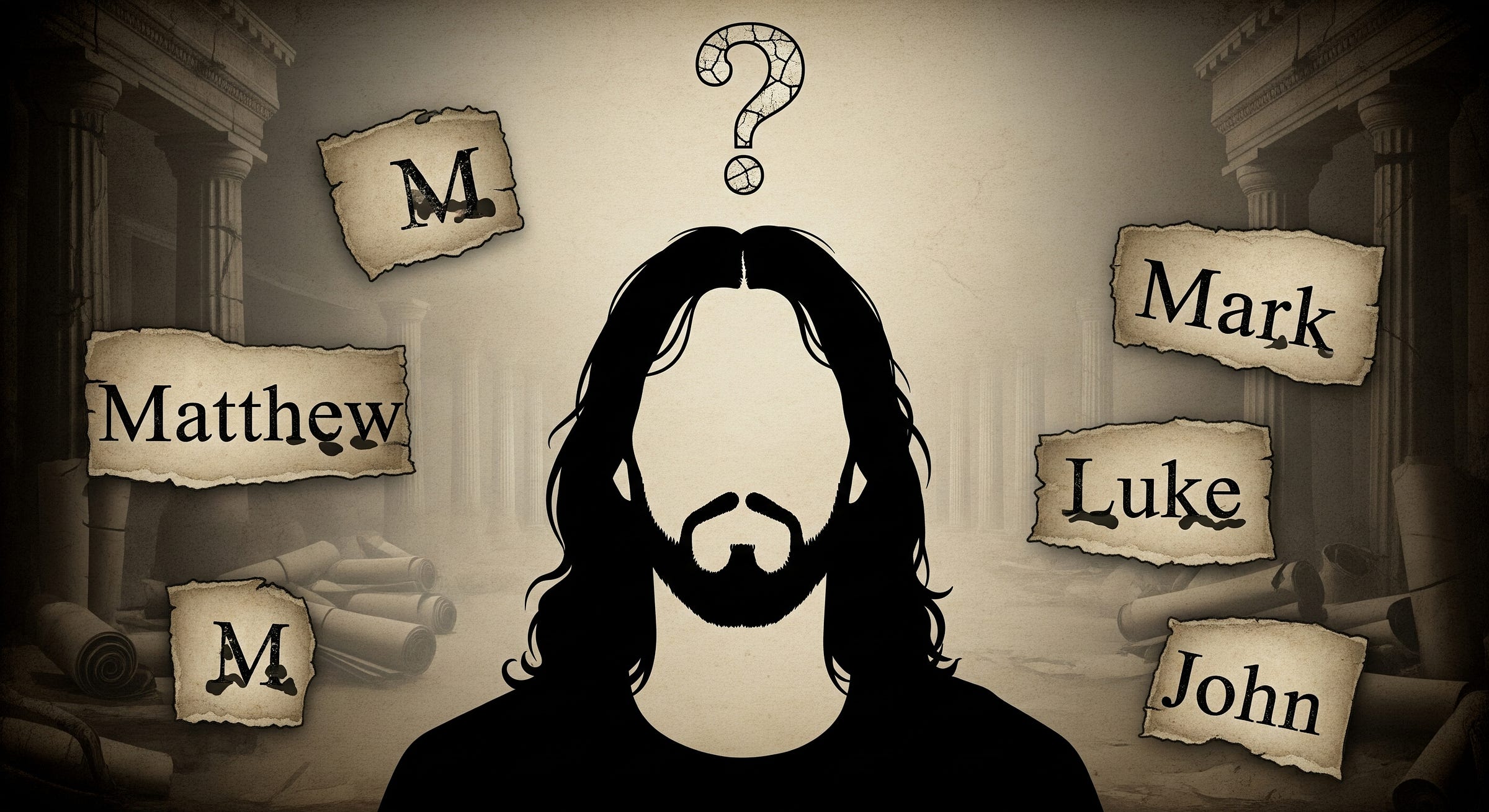Jesus Never Existed? The Evidence That Challenges History
The evidence for a historical Jesus is thinner than the Church ever told you.
Some questions make people angry just for asking them. “What if Jesus never existed?” is one of them. For many Christians, the idea isn’t just wrong—it’s dangerous, even blasphemous. But here’s the thing: history doesn’t care about feelings. Either a man named Jesus lived in fir…



